The HACCP regulation requires that all plants maintain certain documents, including its hazard analysis and written HACCP plan, and records documenting the monitoring of critical control points, critical limits, verification activities, and the handling of processing deviations. Implementation involves monitoring, verifying, and validating of the daily work that is compliant with regulatory requirements in all stages all the time.
The seven HACCP principles are included in the international standard ISO 22000 FSMS 2011. This standard is a complete food safety and quality management system incorporating the elements of prerequisite programmes(GMP & SSOP),HACCP and the quality management system, which together form an organization's Total Quality Management system.
HACCP as a food safety regulator that can generate benefits, namely the transfer of risk before it reaches consumers, finalizes the health risks associated with food consumption, increases trust in processed food safety, so it does not directly promote trade and help food businesses.


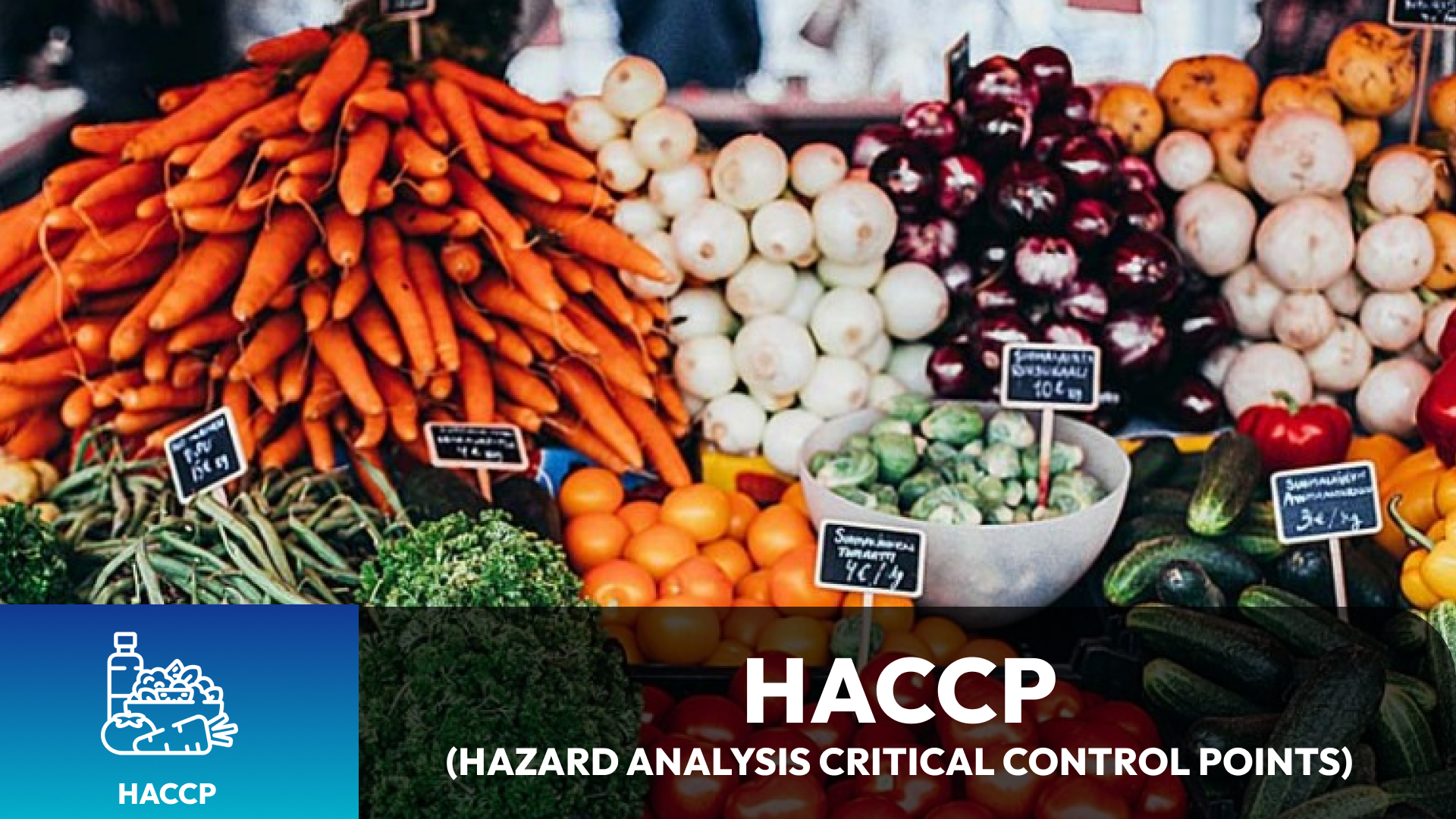



.jpg)
.jpg)
.jpg)
.jpg)
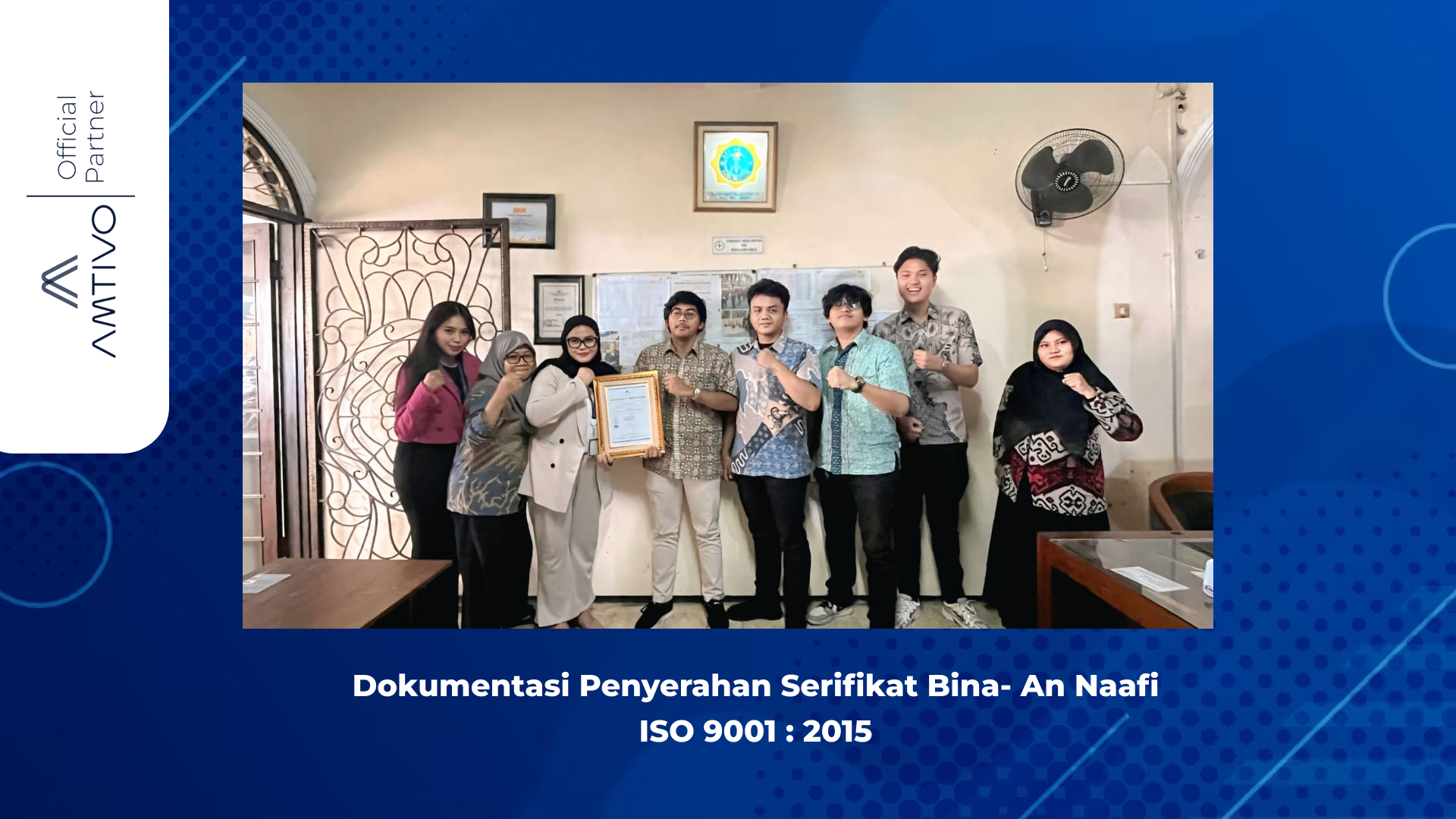
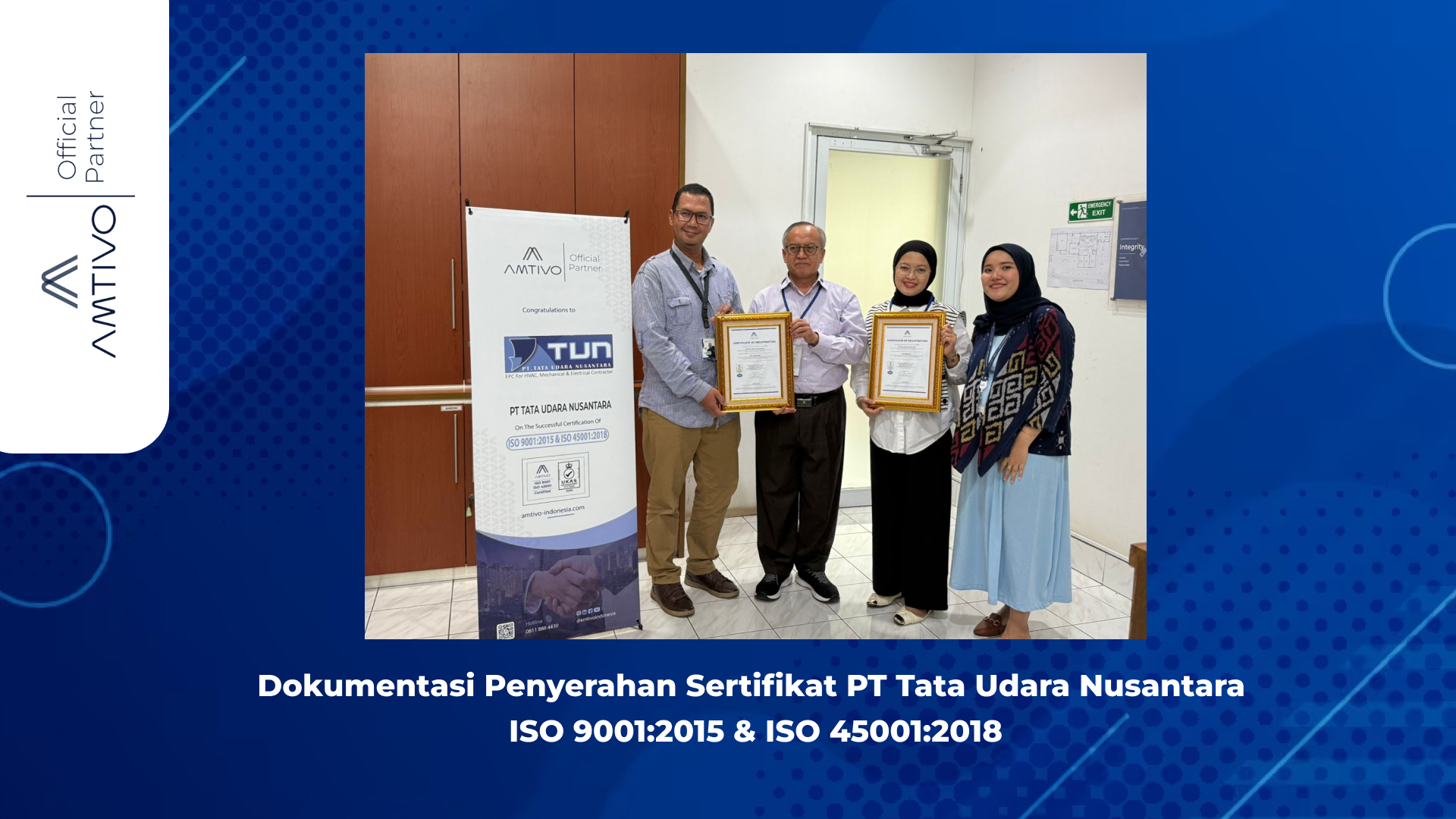
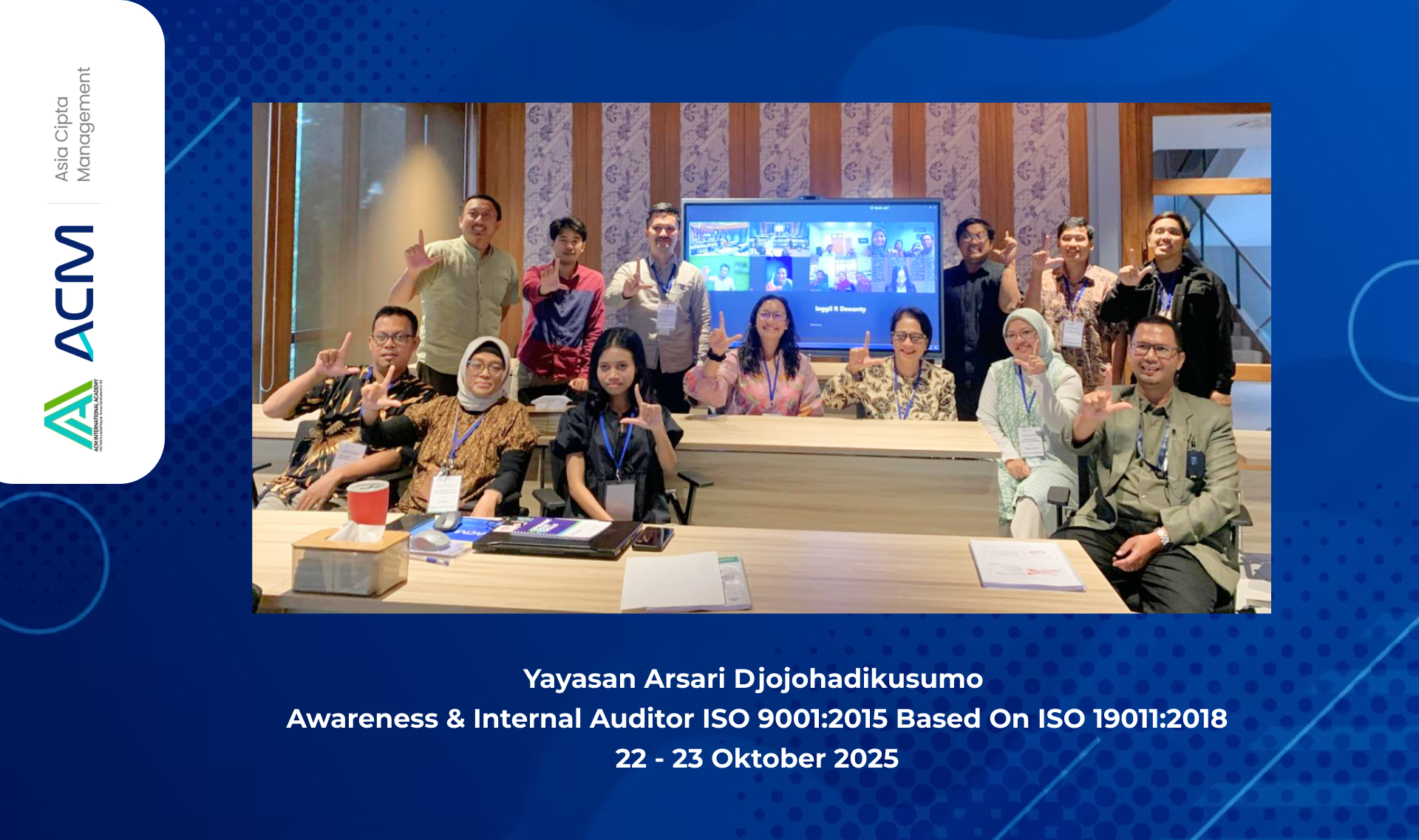
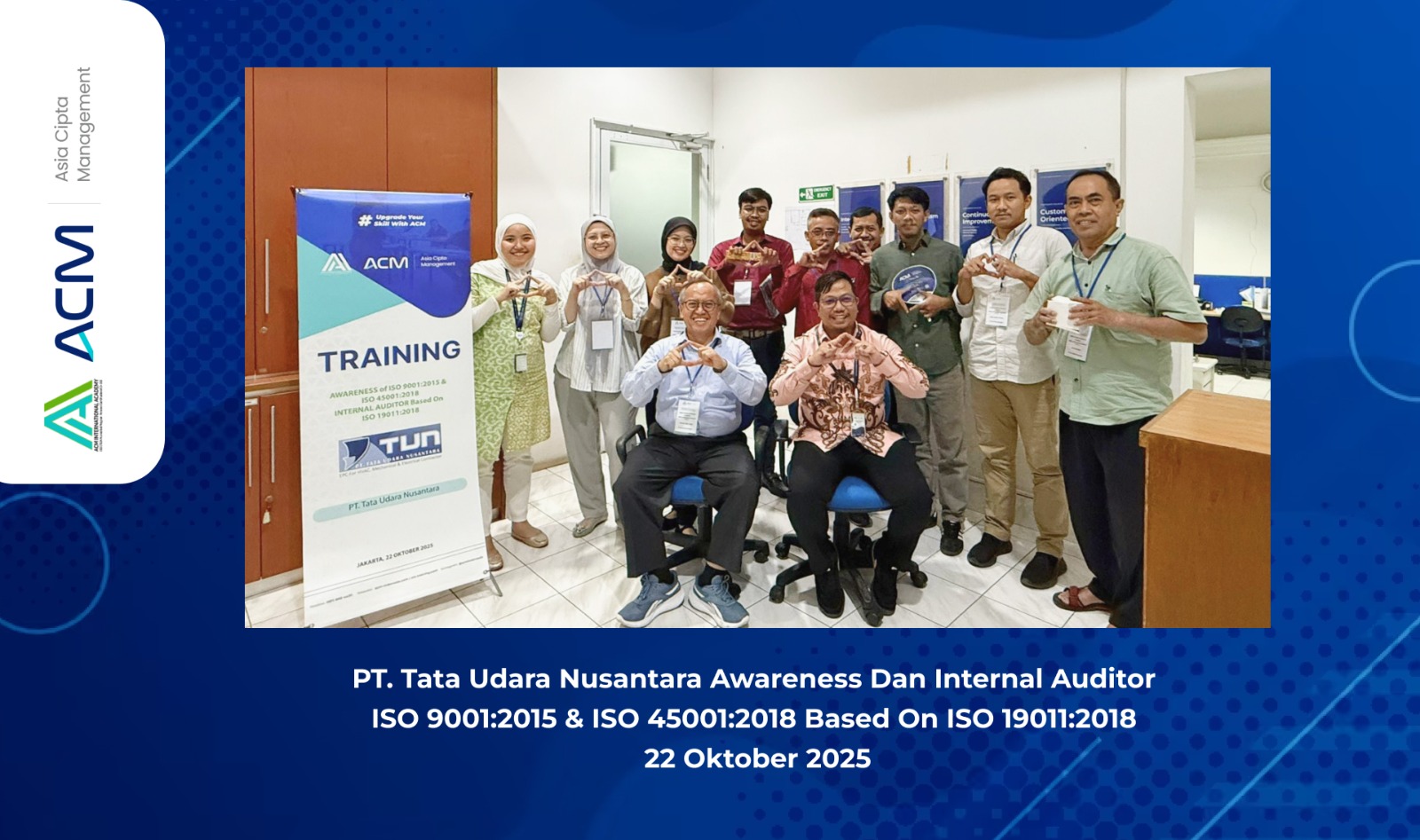
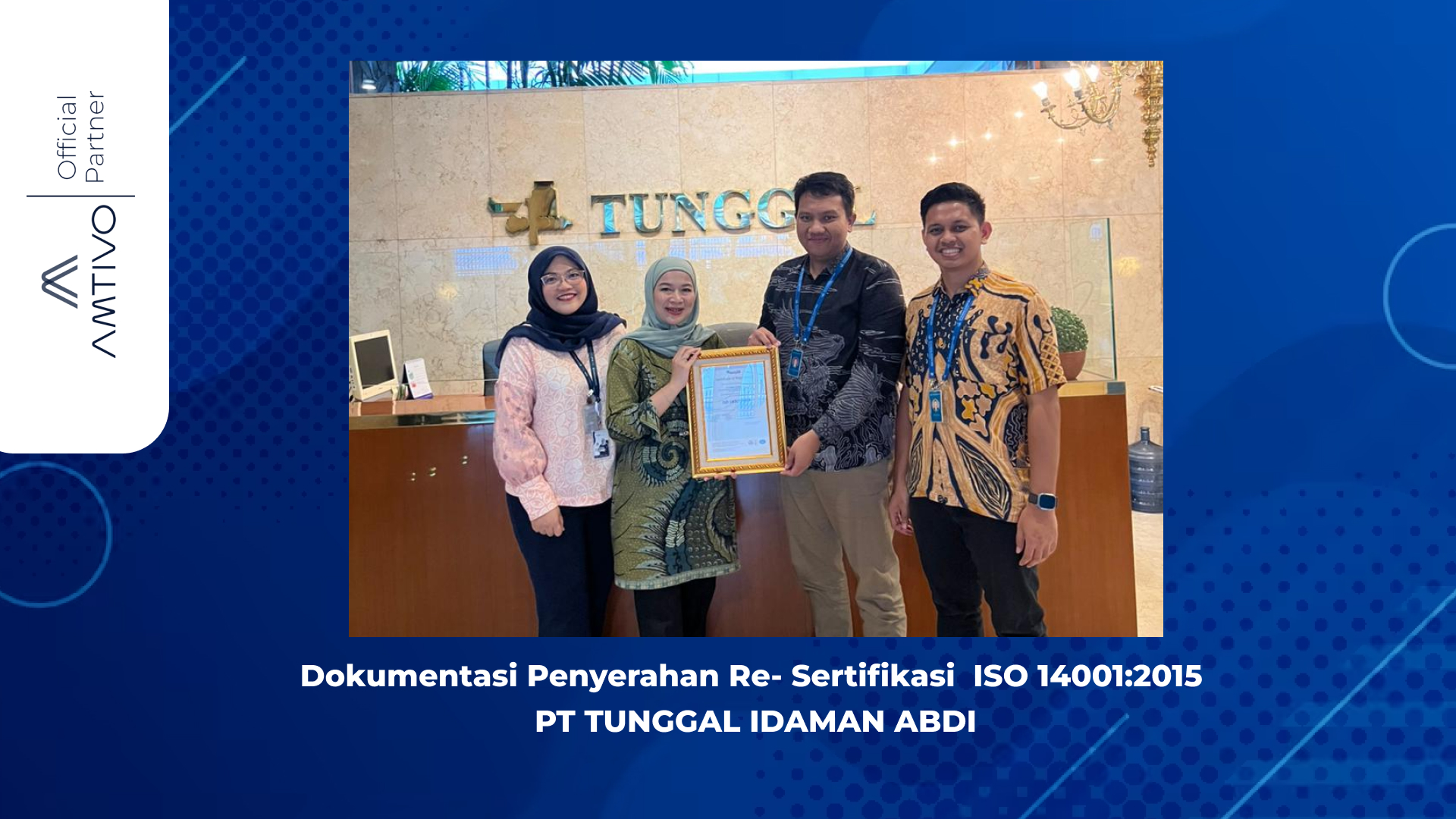

.jpg)
.jpg)
.jpg)

